food
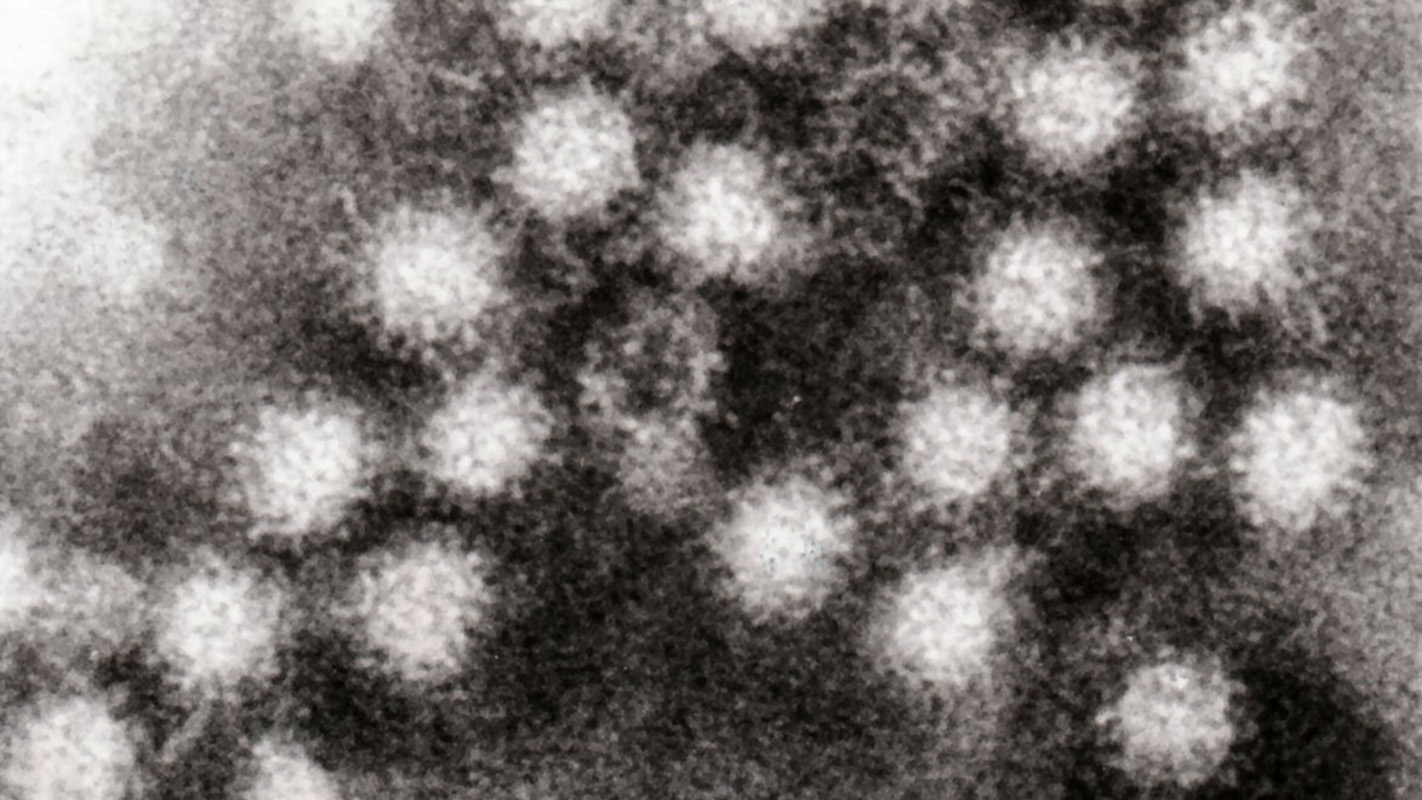
When a Norovirus Expert Got Norovirus
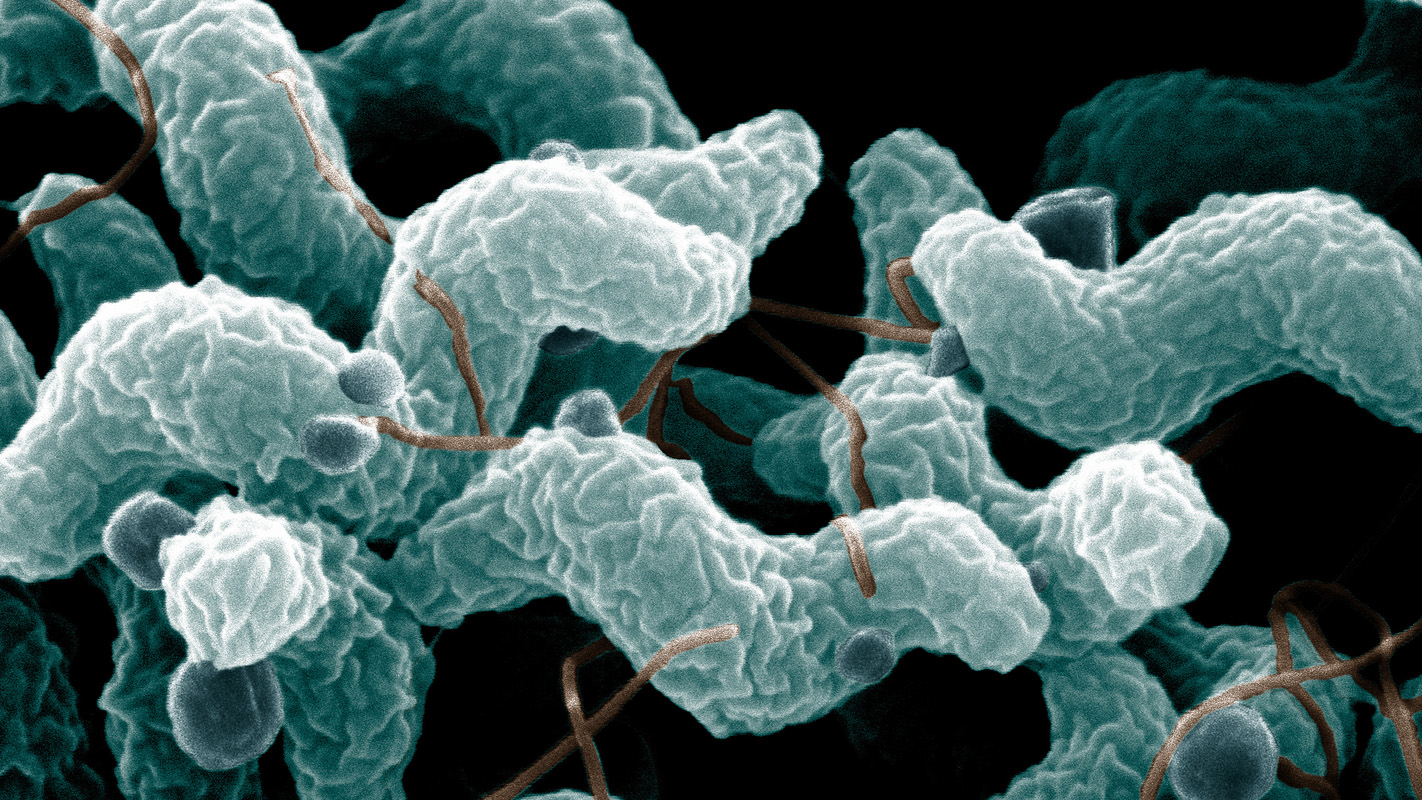
Food Safety 101: What Is Campylobacter (and What Are We Doing About It)?
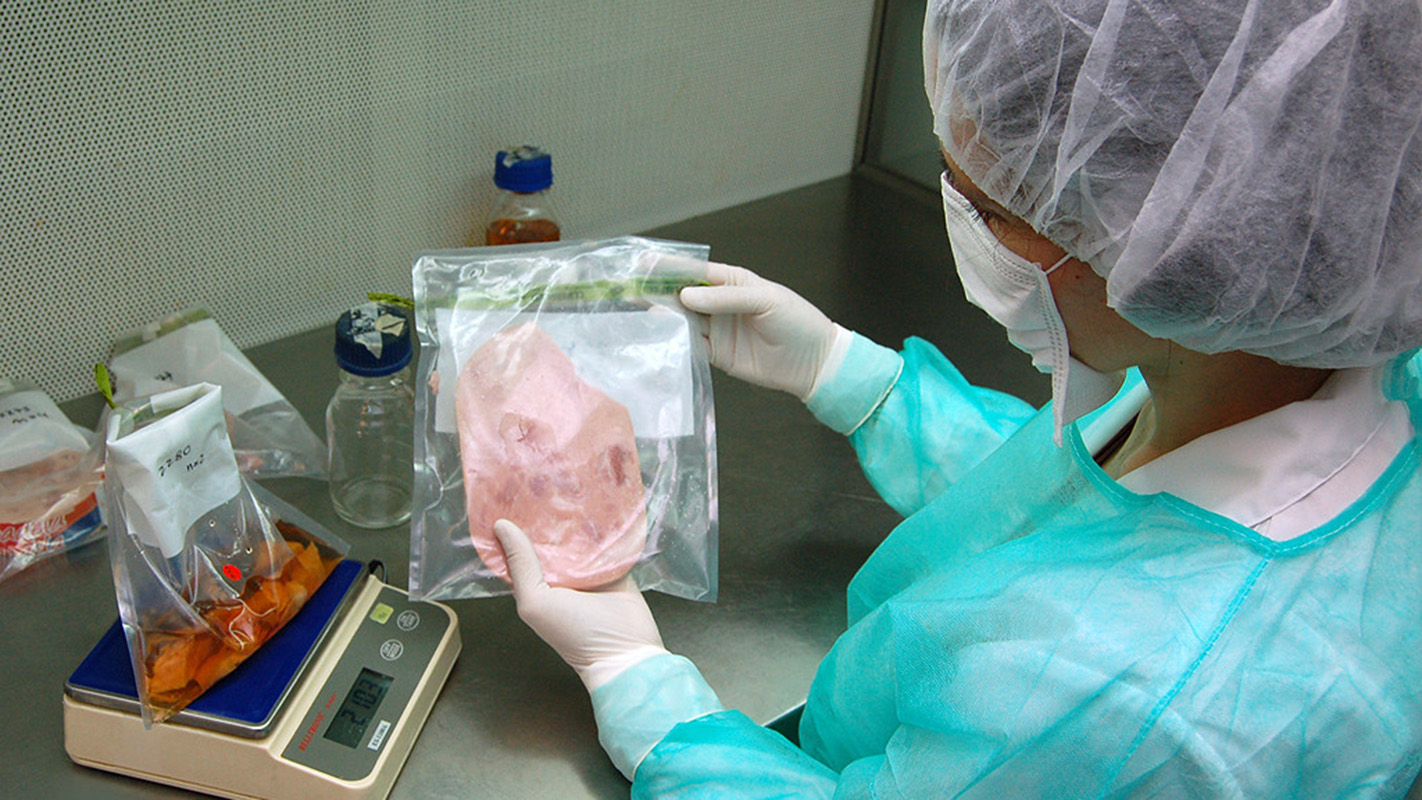
Listeriosis and Produce: What’s the Connection?
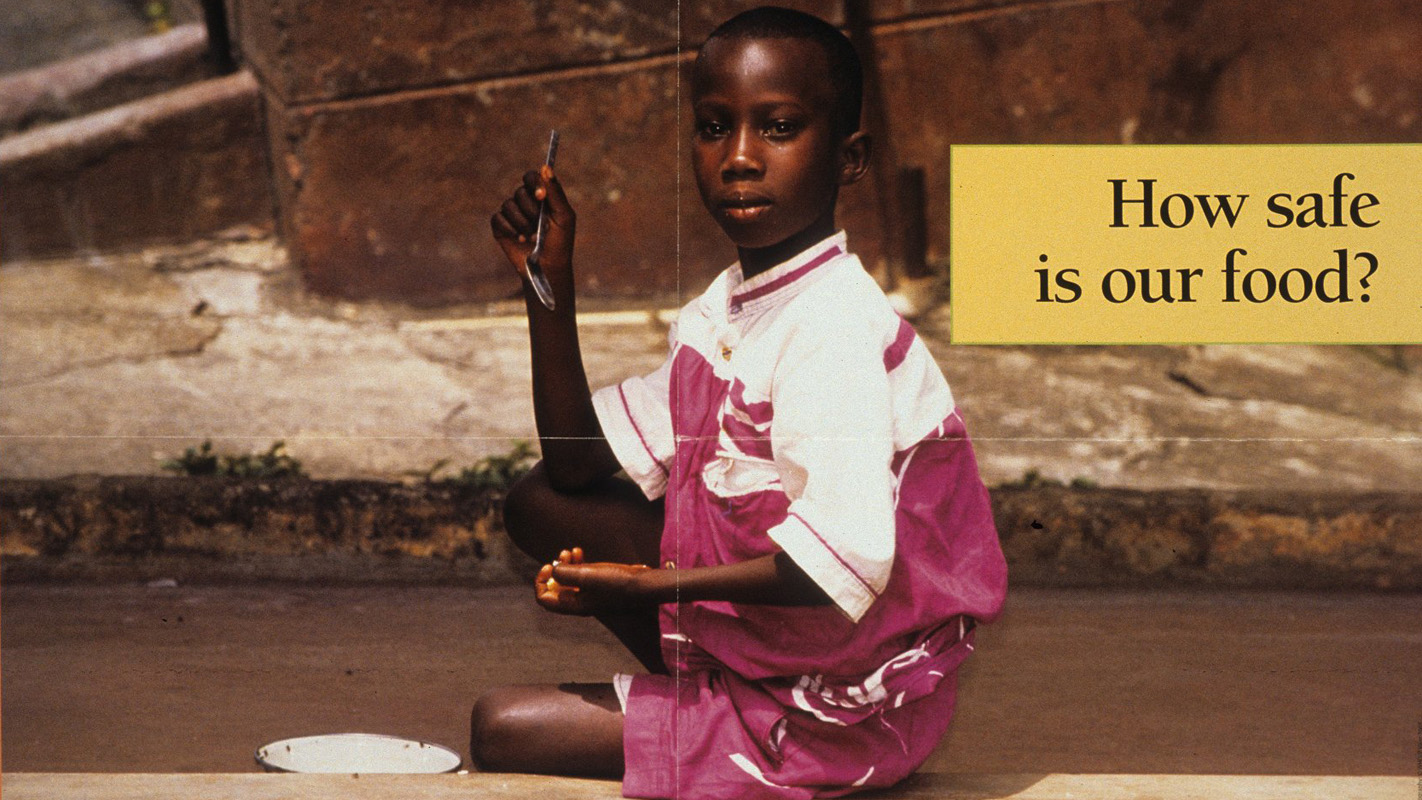
Why Everyone Should Care About Food Safety
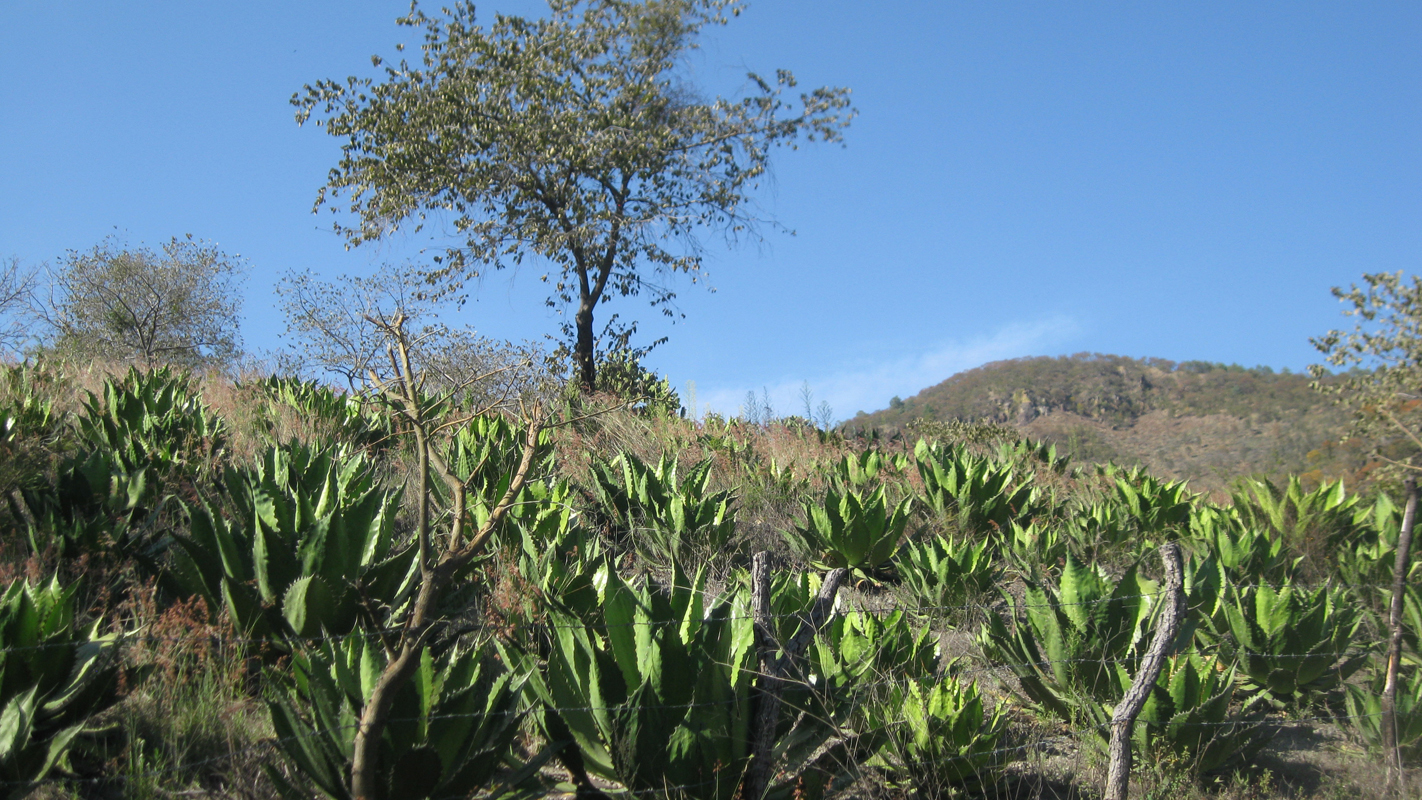
Mezcal and Markets: One Battle in the War Over Mexico’s Agave Spirits

If Eggnog Has Eggs in it, Why Is it Safe to Drink?
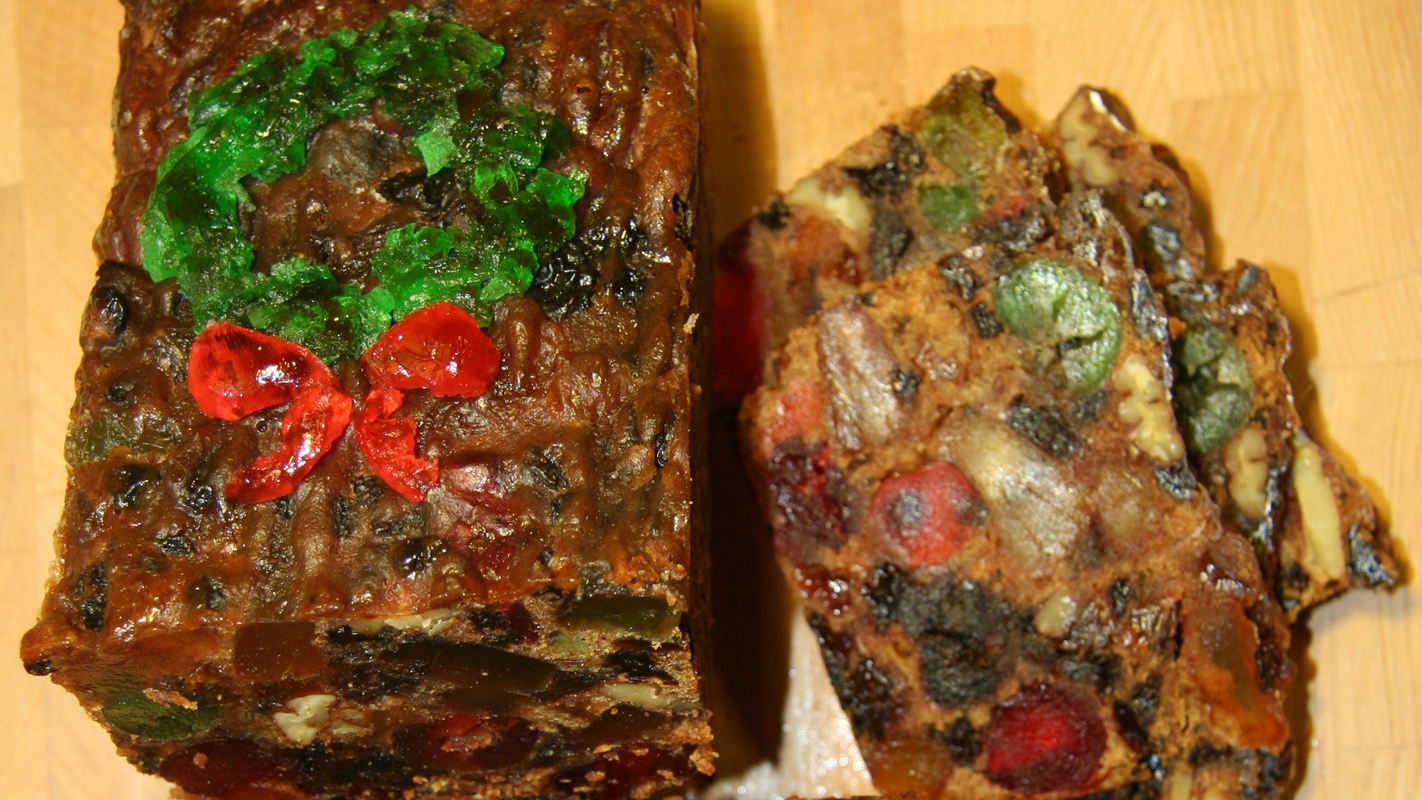
Fruitcake – Will it Last Forever?
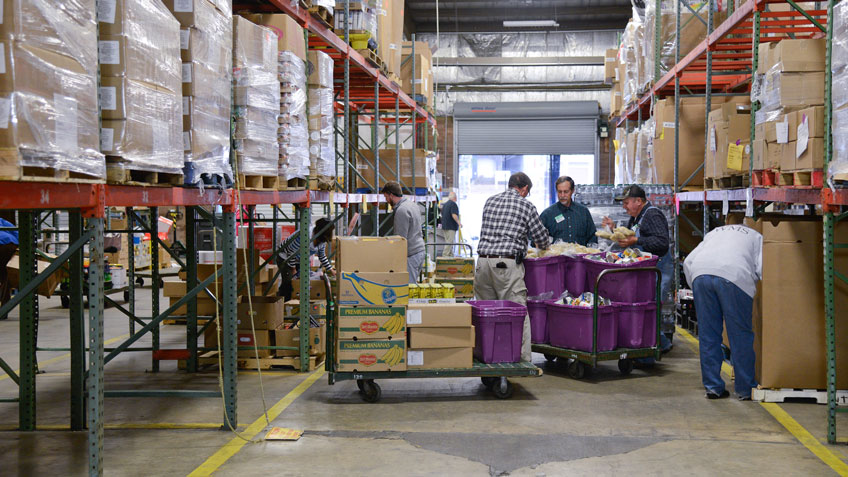
Bolstering Our Food Banks
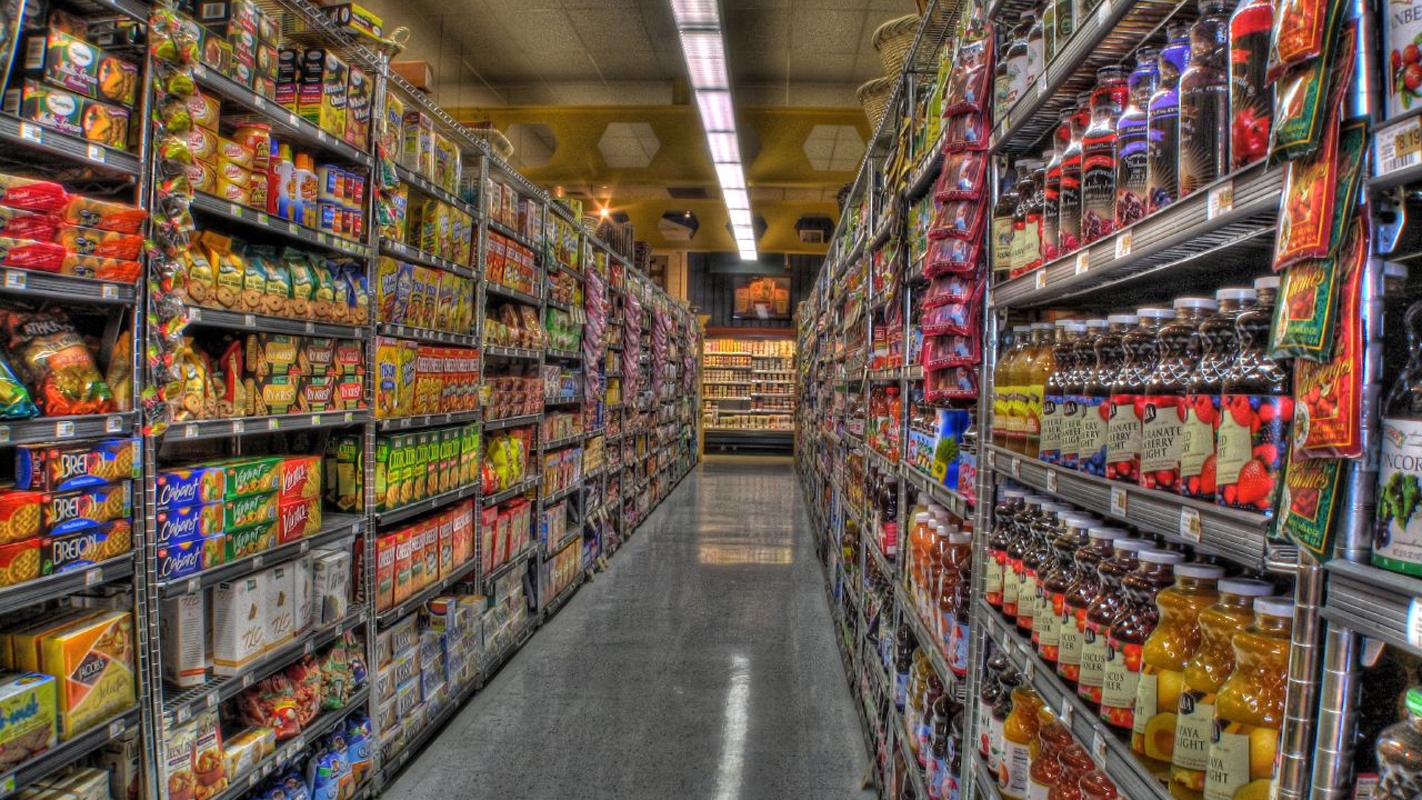
Nutrition, Safety Key To Consumer Acceptance of Nanotech, Genetic Modification In Foods
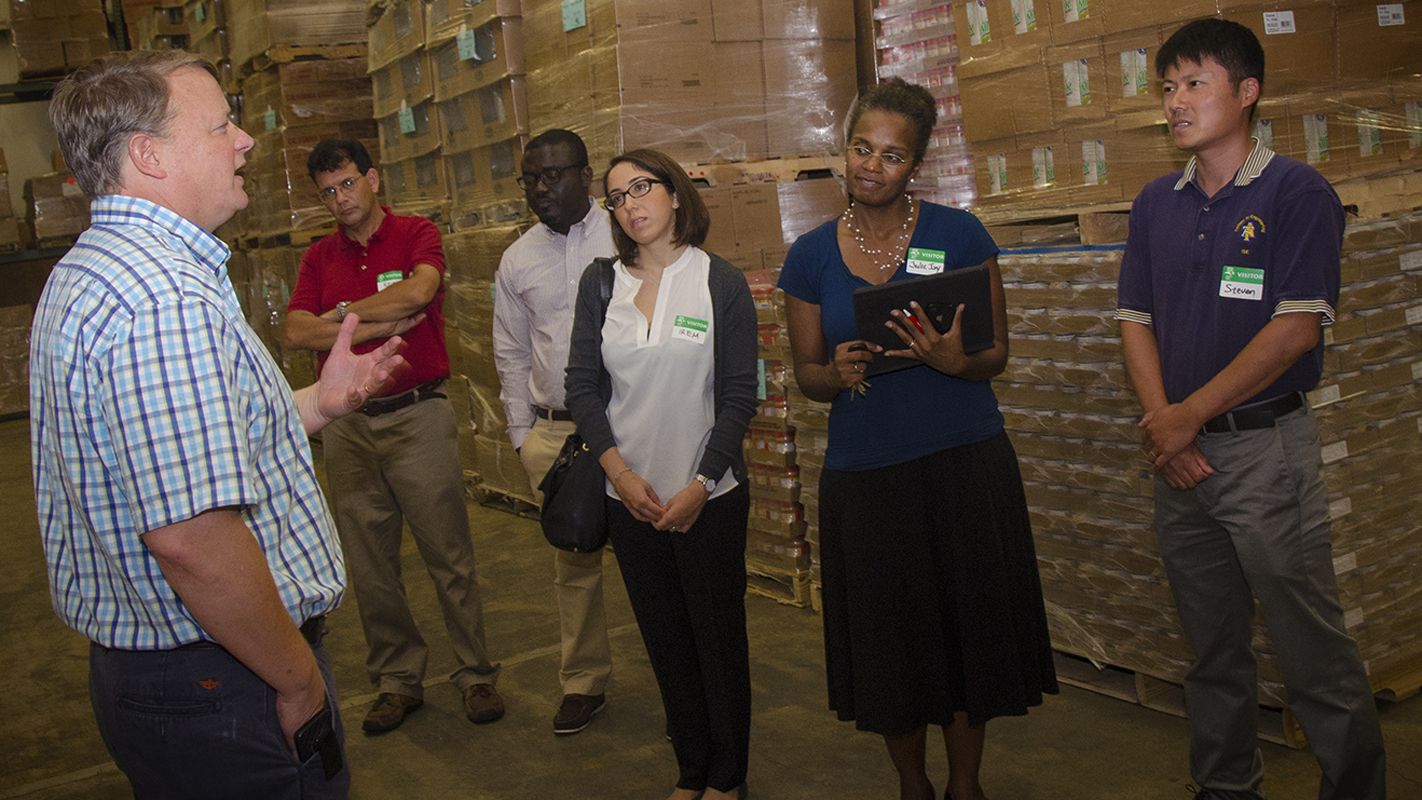
Engineering a Better Food Bank
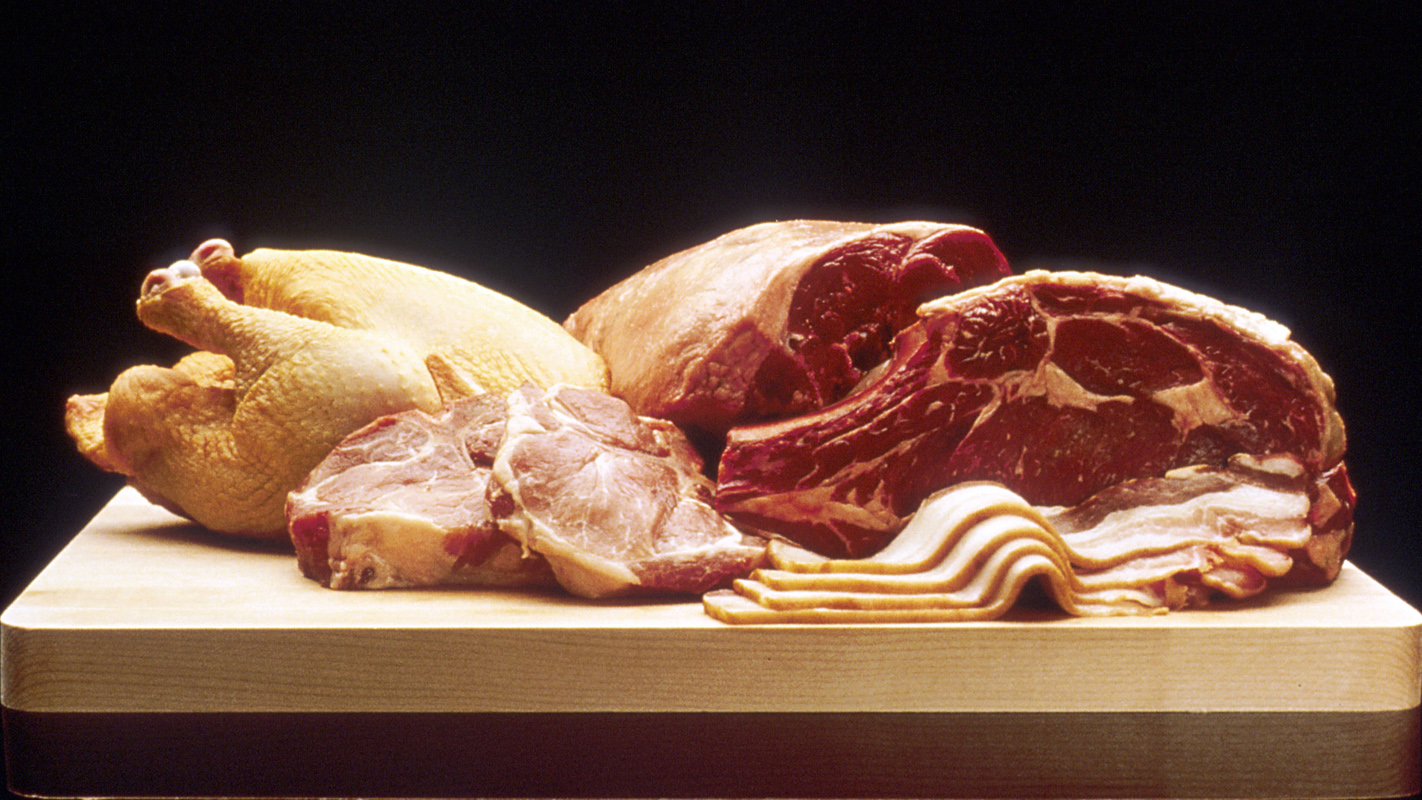
Fast Facts About Cutting Boards and Food Safety in Your Kitchen
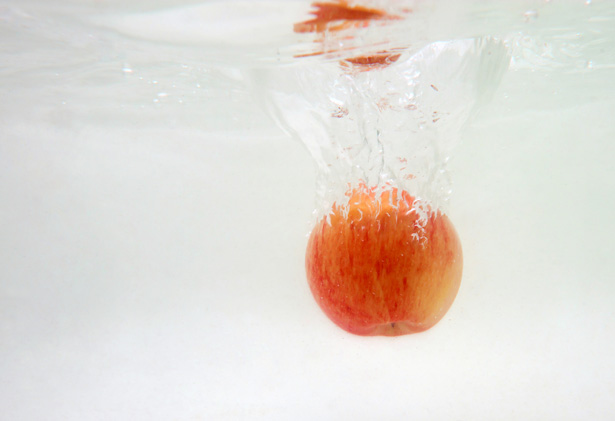
What’s the Best Way to Wash Microbes off Your Produce?
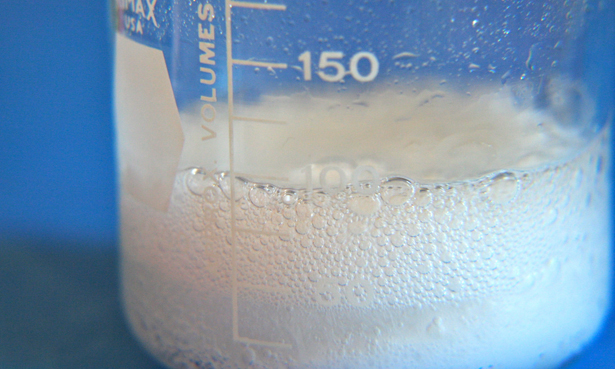
The Difference Between Baking Soda and Baking Powder
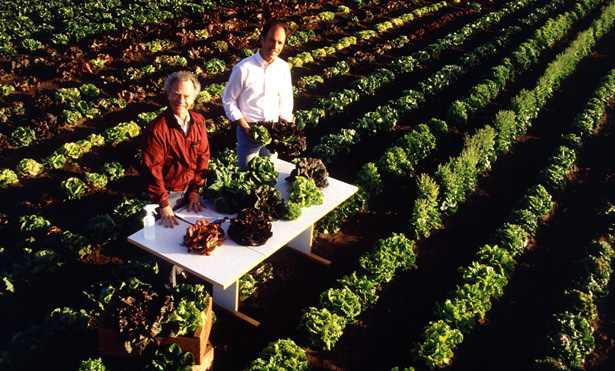
How Can I Wash All the Pesticides off My Food?
